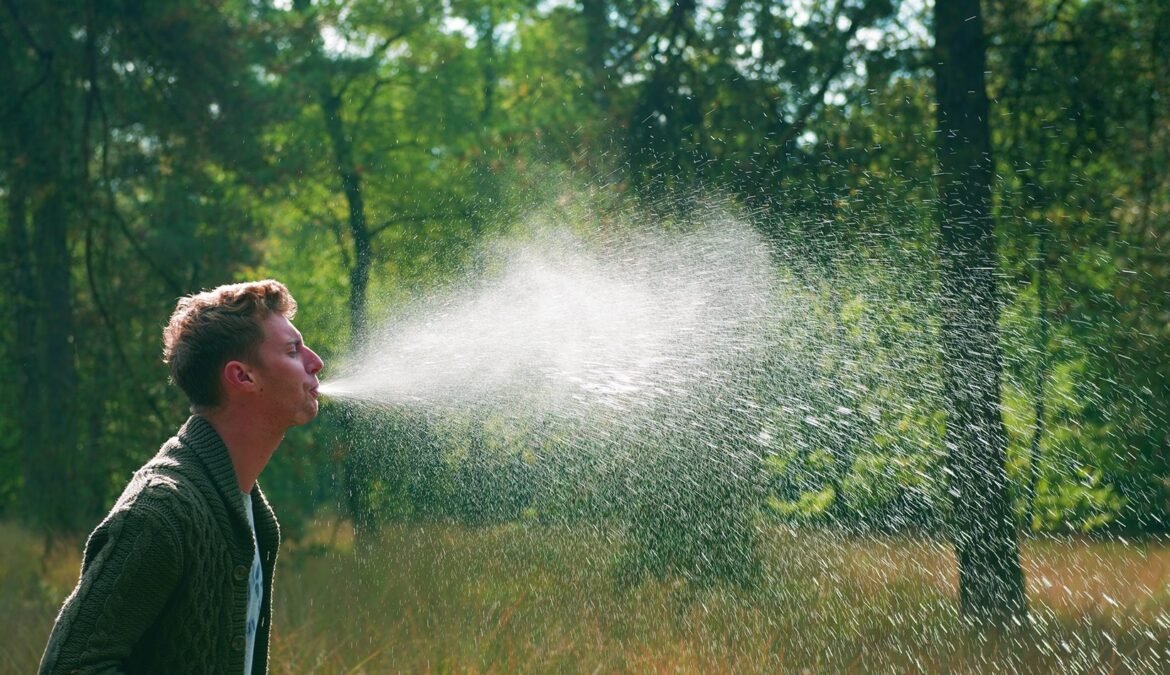Spitting on someone may seem like a petty, gross act — but legally, is spitting on someone assault? And what are the real-world consequences if someone spits on you or you spit on someone else? This guide explores the legal, ethical, and social dimensions of spitting, breaking down real cases, laws, and practical steps you can take.
What Does “Assault” Mean in Legal Terms?
Assault vs. Battery: Clearing Up the Confusion
- In many common-law countries, assault refers to creating fear of harm, while battery means actual physical contact.
- Some U.S. states merge these terms and treat spitting as assault because it involves unwanted contact.
- Civil law (tort law) also allows someone to sue for battery if there is intentional, offensive contact — even if it causes no physical injury.
Is Spitting Physical Contact?
Yes. Courts typically treat saliva as bodily contact, meaning that if spit lands on another person, it counts as unwanted touching.
- Bodily fluids are legally considered extensions of the human body.
- Courts have ruled that even indirect contact — such as throwing liquids — can satisfy the legal requirement for battery.
Elements of an Assault or Battery Case
To prove assault or battery when spitting is involved, the law usually requires:
- Intent — The spitting was deliberate or reckless.
- Unlawful contact or threat — The spit reached the victim; injury is not required.
- No consent — The victim didn’t permit the contact.
- Jurisdictional rules — Every country and state defines assault slightly differently.
Is Spitting on Someone an Assault or Battery?
Spitting as Battery
Spitting commonly counts as battery because it’s an offensive touching. Legal systems widely recognize that physical injury isn’t required.
When Spitting Becomes Aggravated
Spitting can escalate to aggravated charges depending on the situation:
| Aggravating Factor | Potential Legal Impact |
| The victim is a protected person (police, EMT, transit worker) | Can upgrade to aggravated assault or a felony |
| Known disease risk | May count as using a biological hazard |
| Hate motivation | Can trigger enhanced penalties |
| Public health crises | Charges may increase due to added risk |
Civil vs Criminal Liability
- Criminal penalties include fines, jail, probation, and a permanent criminal record.
- Civil liability lets victims sue for emotional distress, humiliation, and medical costs.
Legal Consequences of Spitting on Someone
Criminal Penalties
- Most cases start as misdemeanor assault or battery.
- Possible punishments include:
- Fines (often several hundred to several thousand dollars)
- Probation
- Community service
- Jail time (up to a year)
- If the spitting involves a police officer, a health worker, or disease risk, it may become a felony with harsher consequences.
Health and Public Safety Concerns
Spitting can carry health risks. During disease outbreaks, courts may treat saliva as a dangerous substance, which can increase charges.
Civil Damages
Victims may sue for:
- Emotional distress
- Humiliation
- Medical testing expenses
- Punitive damages if the act was malicious
Long-Term Impact
A conviction — even a misdemeanor — can:
- Damage employment opportunities
- Affect immigration status
- Increase penalties for future offenses
Real-World Examples & Case Studies
High-Profile Incident: Wayne Rooney
The UK has treated spitting incidents as common assault, and even high-profile individuals have been cautioned or charged for spitting on others.
UK Case Law: Collins v Wilcock
This famous case clarified that assault occurs when someone intentionally or recklessly causes another to fear harm, while battery involves direct contact. Spitting qualifies as battery because saliva is a form of direct contact.
Australian Court Example
In several Australian cases, people have been charged with serious assault by spitting, especially when the target was a police officer or healthcare worker.
Defenses to a Spitting Assault Charge
Common defenses include:
- Lack of Intent — The spitting was accidental.
- Self-Defense — Rare, but possible if spitting occurred during a struggle.
- Insufficient Evidence — No witnesses or video can weaken the case.
- Mental State Defense — The accused didn’t understand the nature of their actions.
- Mitigation in Civil Claims — Apology or restitution may reduce liability.
What to Do If Someone Spits on You
1. Stay Safe and Calm
Retaliating can turn you into the offender legally.
2. Document Everything
Gather evidence:
- Video or photos
- Witness statements
- Location and time notes
3. Seek Medical Advice
Spit that hits eyes, mouth, or wounds may require medical evaluation.
4. Report to Police
File a report as soon as possible.
5. Consult a Lawyer
A lawyer can explain:
- Criminal charges you can pursue
- Civil claims you may file
6. Know Your Rights
Many jurisdictions classify spitting as a form of assault, especially against frontline workers.
How Different Jurisdictions Treat Spitting Assault
United States
- Laws vary by state.
- Spitting on a police officer often becomes a felony.
- Even minor cases can still lead to criminal records.
United Kingdom
- Spitting can be charged as common assault.
- UK courts consistently treat spitting as offensive touching.
- Public health risks may increase sentencing.
Australia
- Spitting on police or emergency workers is treated as serious assault, often carrying jail time.
- During pandemics, courts imposed even tougher sentences.
Ethical and Social Dimensions
- Spitting violates basic respect and dignity.
- It carries emotional harm that is often worse than the physical impact.
- During health crises, spitting becomes a major public health concern.
- Many cultures view spitting as one of the most disrespectful acts possible.
Myths & Misconceptions
Myth: “It’s not a crime — just disgusting.”
Reality: Many jurisdictions treat spitting as battery or assault.
Myth: “There must be an injury.”
Reality: Offensive contact alone is enough.
Myth: “Spitting isn’t violence.”
Reality: Courts frequently classify it as a violent act.
Myth: “It’s just a civil matter.”
Reality: Most cases involve criminal charges first.
Conclusion
So, is spitting on someone assault?
In most jurisdictions, yes. Spitting involves unwanted physical contact, can spread disease, and is widely recognized as a form of battery or assault.
If you’re ever involved in such an incident — as the victim or the accused — take it seriously. Document everything, understand your legal rights, and seek appropriate guidance.
FAQ
Is spitting on someone a felony?
Often it’s a misdemeanor, but it becomes a felony when the target is a protected worker or there’s a disease risk.
Can I sue someone for spitting on me?
Yes. You can pursue civil damages for emotional distress and more.
Do I need a lawyer?
It’s recommended, especially if there are injuries, threats, or potential criminal charges.
Can spitting be self-defense?
It’s possible but very rare and highly fact-specific.
Does spitting carry harsher penalties during health outbreaks?
Yes. Courts may treat it as endangerment or elevate the seriousness of the charge.



